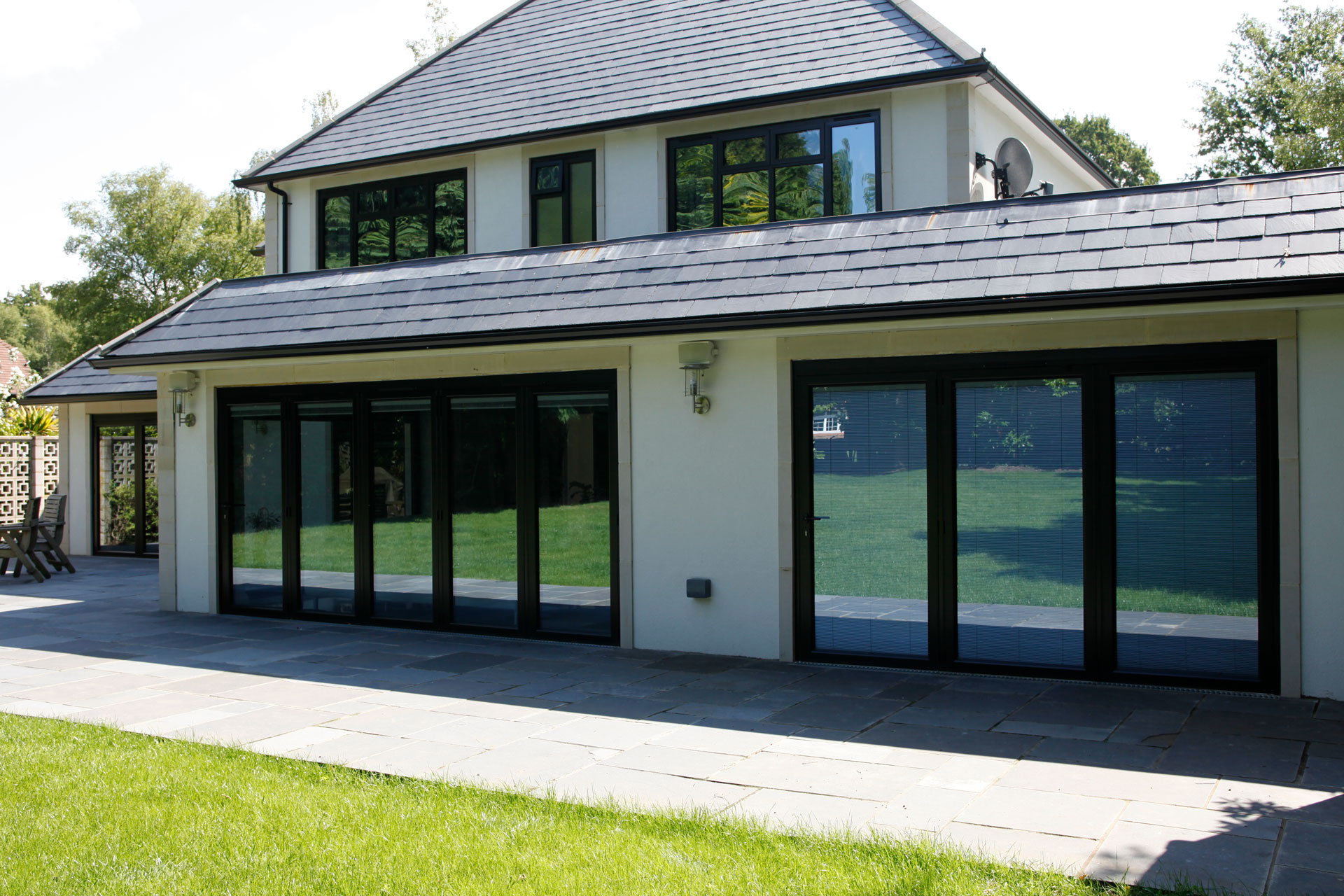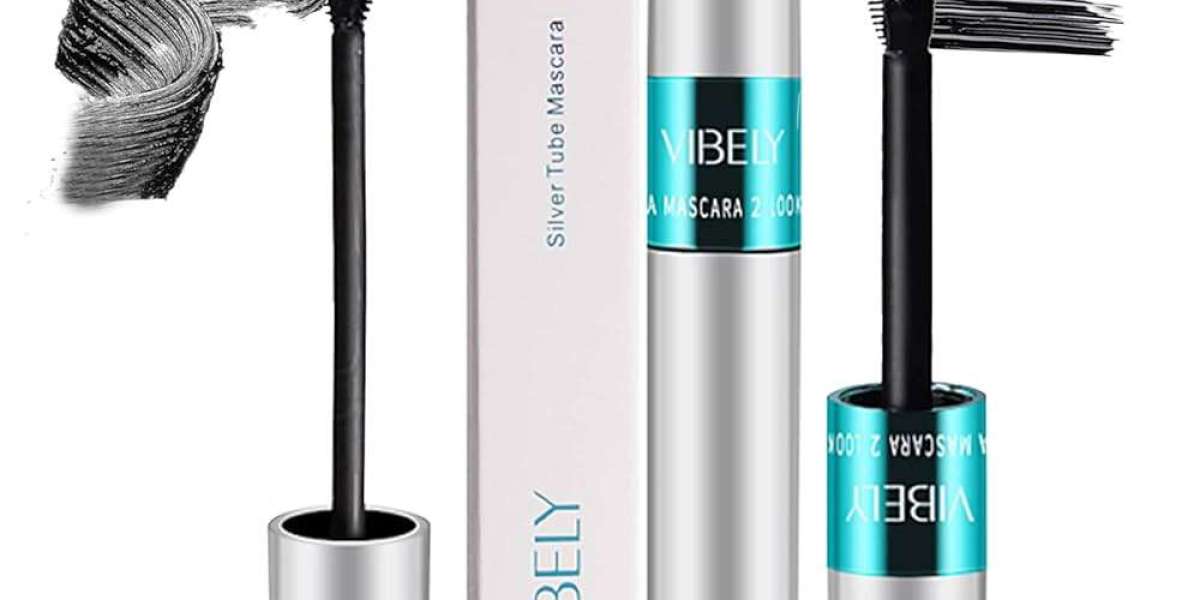Introduction
Aluminium windows have gained significant popularity in modern architecture due to their durability, aesthetic appeal, and energy efficiency. This report provides an in-depth analysis of aluminium windows, exploring their features, benefits, applications, and market trends.
Overview of Aluminium Windows
Aluminium windows are made from aluminium extrusions, which are lightweight, strong, and resistant to corrosion. They are available in various styles, including casement, sliding, and bi-fold designs. The versatility of aluminium allows for the creation of large, unobstructed glass areas, making them ideal for contemporary designs that prioritize natural light and views.
Key Features of Aluminium Windows
- Durability: Aluminium windows are known for their strength and durability. Unlike wood, they do not warp, crack, or swell, making them suitable for various weather conditions. Their resistance to rust and corrosion extends their lifespan significantly, often exceeding 30 years with proper maintenance.
- Low Maintenance: Aluminium windows require minimal upkeep. A simple wash with soap and water is usually sufficient to keep them looking new. Unlike wood, they do not need painting or staining, making them a cost-effective option over time.
- Energy Efficiency: Modern aluminium windows are designed with thermal breaks, which improve their energy efficiency. These thermal breaks reduce heat transfer, helping to maintain indoor temperatures and reduce heating and cooling costs. Additionally, when combined with double or triple glazing, aluminium windows can achieve high energy ratings.
- Aesthetic Appeal: Aluminium windows come in a variety of finishes and colors, allowing homeowners and architects to customize them to fit any design scheme. The slim profiles of aluminium frames maximize the glass area, enhancing the overall aesthetic and providing a modern look.
- Security: Aluminium windows are inherently strong and can be fitted with advanced locking systems, making them a secure option for residential and commercial properties. Their robustness deters break-ins, providing peace of mind to property owners.
Benefits of Aluminium Windows
- Sustainability: Aluminium is a recyclable material, making aluminium windows an environmentally friendly choice. The recycling process requires only 5% of the energy needed to produce new aluminium, significantly reducing the carbon footprint associated with window manufacturing.
- Cost-Effectiveness: While the initial cost of aluminium windows may be higher than other materials like vinyl or wood, their longevity and low maintenance requirements often result in lower lifetime costs. Additionally, energy-efficient aluminium windows can lead to significant savings on energy bills.
- Versatility: Aluminium windows can be designed to fit various architectural styles, from traditional to contemporary. They can also be used in both residential and commercial applications, making them a versatile choice for builders and homeowners alike.
- Weather Resistance: Aluminium windows are resistant to extreme weather conditions, including heavy rain, snow, and high winds. This makes them suitable for use in diverse climates, ensuring that they maintain their structural integrity over time.
Applications of Aluminium Windows
Aluminium windows are widely used in various applications, including:

- Residential Buildings: Homeowners often choose aluminium windows for their modern appearance and energy efficiency. They are popular in new builds and renovations, particularly in urban areas where maximizing natural light is a priority.
- Commercial Properties: Many commercial buildings utilize aluminium windows for their durability and aesthetic appeal. They are often found in office buildings, retail spaces, and schools, where large glass areas are desired for visibility and natural light.
- High-Rise Buildings: The strength of aluminium makes it an Ideal Glass choice for high-rise constructions. Aluminium windows can support large panes of glass without compromising structural integrity, allowing for stunning views and natural light in multi-story buildings.
- Industrial Applications: Aluminium windows are also used in industrial settings, where durability and low maintenance are essential. They can withstand harsh environments while providing adequate insulation and security.
Market Trends
The aluminium window market has been experiencing steady growth, driven by several factors:
- Increased Demand for Energy Efficiency: As energy costs continue to rise, homeowners and builders are increasingly seeking energy-efficient solutions. The demand for aluminium windows, particularly those with thermal breaks and high-performance glazing, is on the rise.
- Sustainability Focus: With growing awareness of environmental issues, many consumers are choosing sustainable building materials. The recyclability of aluminium and its long lifespan make it an attractive option for eco-conscious buyers.
- Technological Advancements: Innovations in manufacturing processes and design have led to improved performance and aesthetics of aluminium windows. This includes the development of new coatings that enhance durability and color retention.
- Customization Options: The ability to customize aluminium windows in terms of design, color, and finish has made them increasingly popular among homeowners looking to create unique living spaces.
Challenges Facing the Aluminium Window Market
Despite the advantages, the aluminium window market faces several challenges:
- Initial Cost: The upfront cost of aluminium windows can be higher than other materials, which may deter some consumers. However, the long-term savings often outweigh the initial investment.
- Thermal Conductivity: While thermal breaks improve energy efficiency, aluminium is still a conductor of heat. Manufacturers are continuously working on improving insulation properties to address this issue.
- Competition from Other Materials: The aluminium window market competes with materials like vinyl and wood, which may offer lower initial costs or different aesthetic qualities. Manufacturers must continue to innovate to maintain market share.
Conclusion
Aluminium windows represent a modern, durable, and energy-efficient choice for both residential and commercial applications. Their numerous benefits, including low maintenance, aesthetic versatility, and sustainability, make them an increasingly popular option in the building industry. As market trends continue to evolve, aluminium windows are expected to remain a leading choice for architects, builders, and homeowners alike, adapting to the demands of energy efficiency and design innovation. The future of aluminium windows looks promising, with ongoing advancements in technology and sustainability paving the way for even greater market growth.








